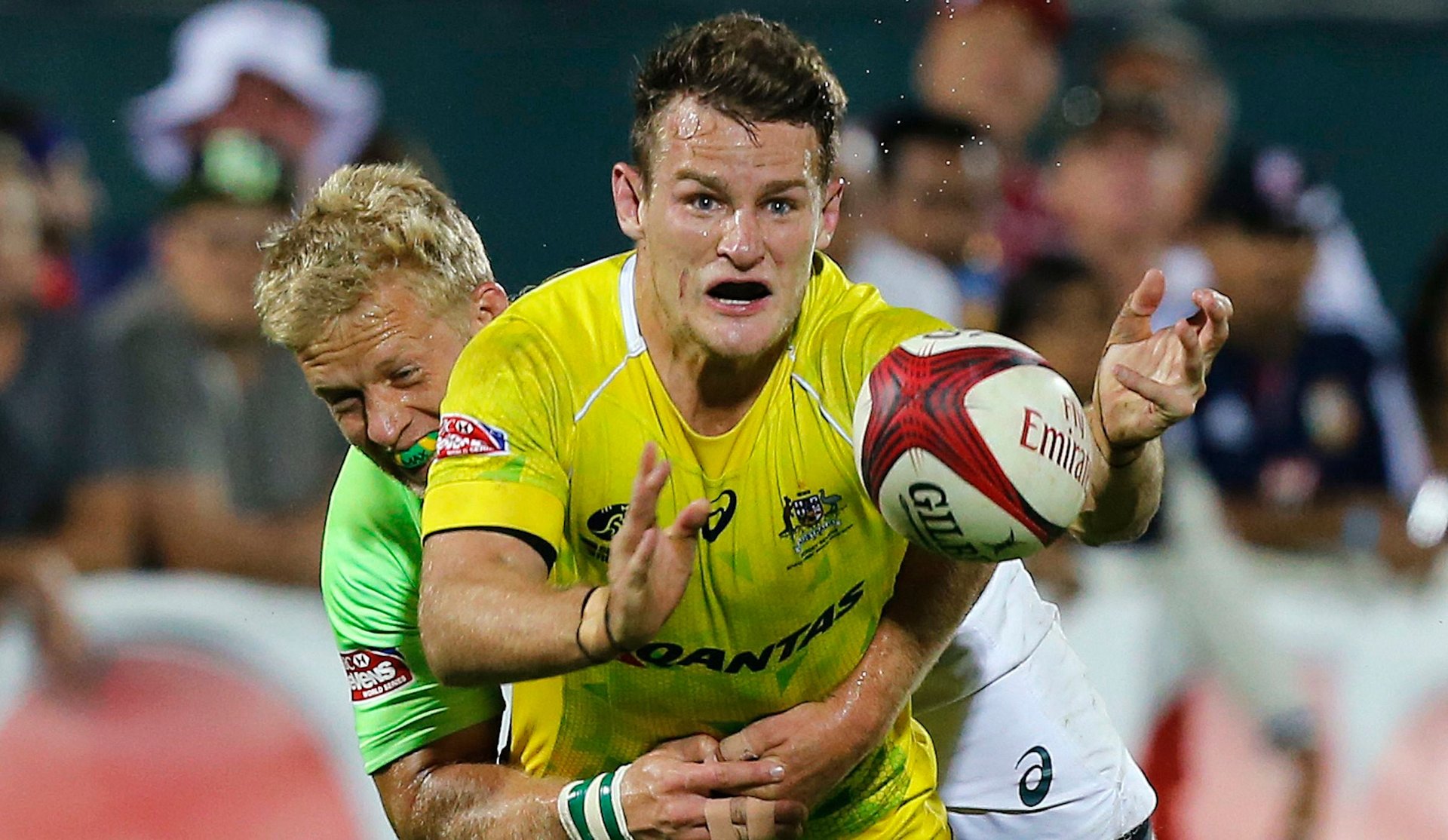Salary caps are preventing England from competing in a sport it created
The New Zealand rugby player Dan Carter recently moved to a French team on a £1.3 million ($2 million) annual salary, making him rugby’s highest-paid player—a fact, he’s not shy to say, that motivated his move.


The New Zealand rugby player Dan Carter recently moved to a French team on a £1.3 million ($2 million) annual salary, making him rugby’s highest-paid player—a fact, he’s not shy to say, that motivated his move.
“It’s something I’ve been working hard on for the last five or six years, to make sure I’m making the most of the money I have earned and will earn while being a rugby player,” he said, adding that he only considered offers from France and Japan.
This prompted some soul-searching in England, the birthplace of rugby, over its place in the professional game and one of its historical quirks: the salary cap.
No fan in the US and Canada would blink much at the concept; every sporting league in North America has a cap on the total wages a team can pay its players (though that is not to say that players aren’t well-paid). But fans in the rest of the world are used to the unlimited spending of professional team sports such as soccer, where whole teams can be built from scratch into powerhouses using petrodollars, and players are bought and sold for ever more insane fees.
So why are salaries capped in this sport? Rugby in England turned professional in 1995 and the salary cap was put in place a few years later in the Premiership, as English rugby’s top league is called, after some teams were expelled for going under financially. The original salary cap was set at £1.2 million in 1999, and is now around £5 million.
The salary cap is also there, as in American sports, to make the league more exciting, because any team can (in theory) win—unlike in soccer, where deeper-pocketed teams can craft fantasy line-ups. But as the Telegraph notes, “the reality is that the same four clubs—Leicester, Northampton, Saracens and Harlequins—have contested the play-offs over the last three years. There has been little sign of meritocracy making a notable difference to results.”
Unlike in England, where professional rugby is a pursuit more of elite private-school boys rather than the masses, in France the game is widely beloved by a wider swathe of society. The French have no salary cap—so they have an advantage, presumably, when they compete with the English in European tournaments.
Now, the chief executive of England’s Saracens club has called for the cap’s abolishment, saying it has served its purpose and is not fair. ”If the salary cap is left to forbid the required investment, it will kill any hope of growth,” Edward Griffiths said. “It is time to seize that opportunity, to ensure a level playing field in Europe… it is simply unfair, inequitable and possibly illegal for their pay to be restrained by the artificial mechanism of an outdated salary cap.”
But rivals said getting rid of the cap was a ridiculous idea, given the UK’s rugby match crowd sizes. ”We went to Saracens, and they only had 7,000 people there,” said Sale Sharks’ director of rugby, Steve Diamond. ”We lose money, and we don’t spend to the salary cap, so it seems crazy that anybody’s promoting that at the moment.” (To put that turnout into perspective, Manchester United sell out a 76,000-seat stadium every week.)
Another interesting situation is created by the salary cap: many national teams in rugby don’t pick players who play outside of their countries, as a hard rule. Carter, by moving to France, is ending his chances of playing for the All Blacks, New Zealand’s national team. England’s national team has the same policy.
Steffon Armitage, an English player who is European Player of the Year, can’t play for his national team as he plies his trade in Toulon—and others routinely find themselves turning down big money abroad to keep playing in (and for) England.
With rugby getting more competitive internationally, how much longer can the English salary cap survive?